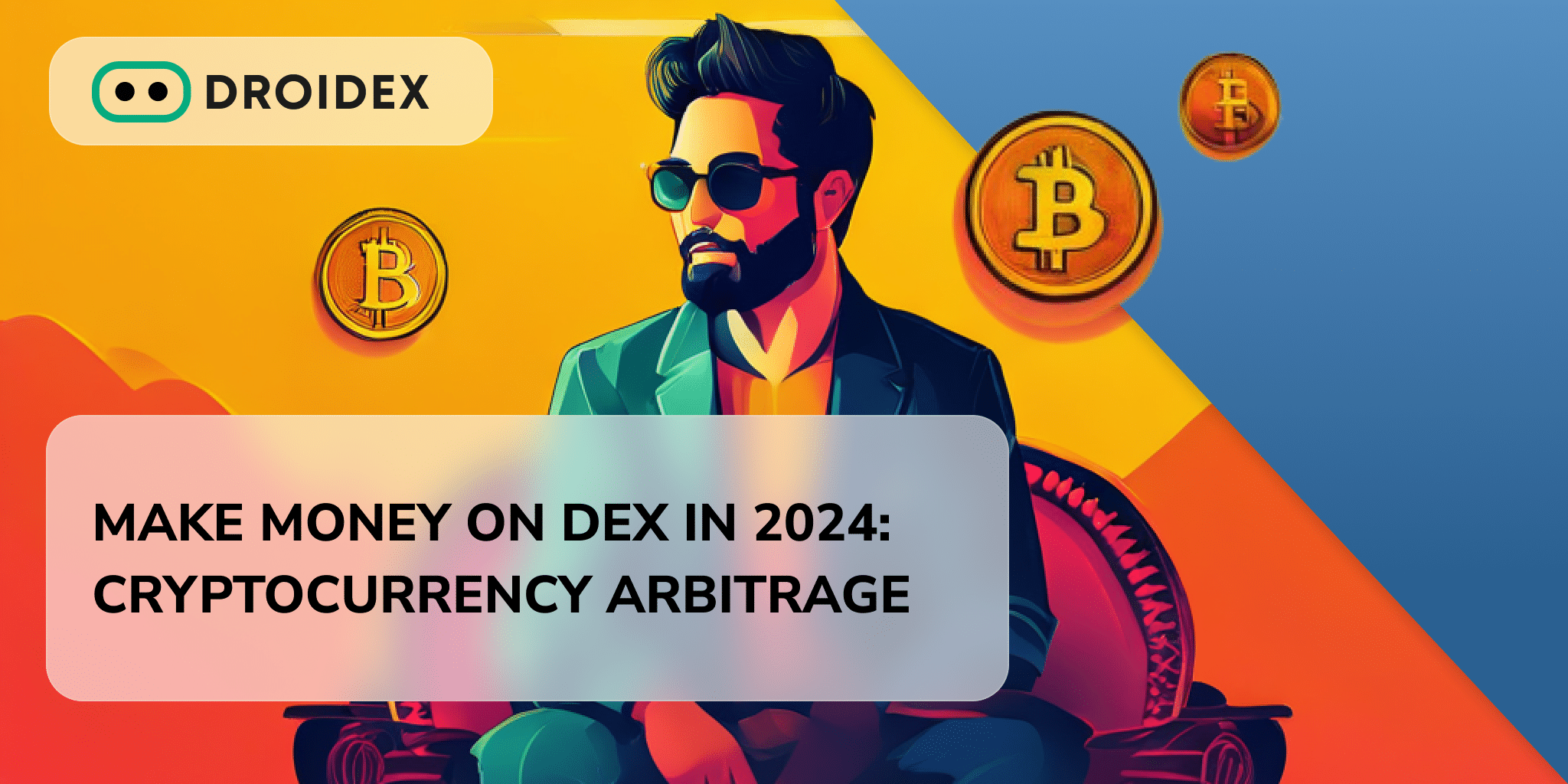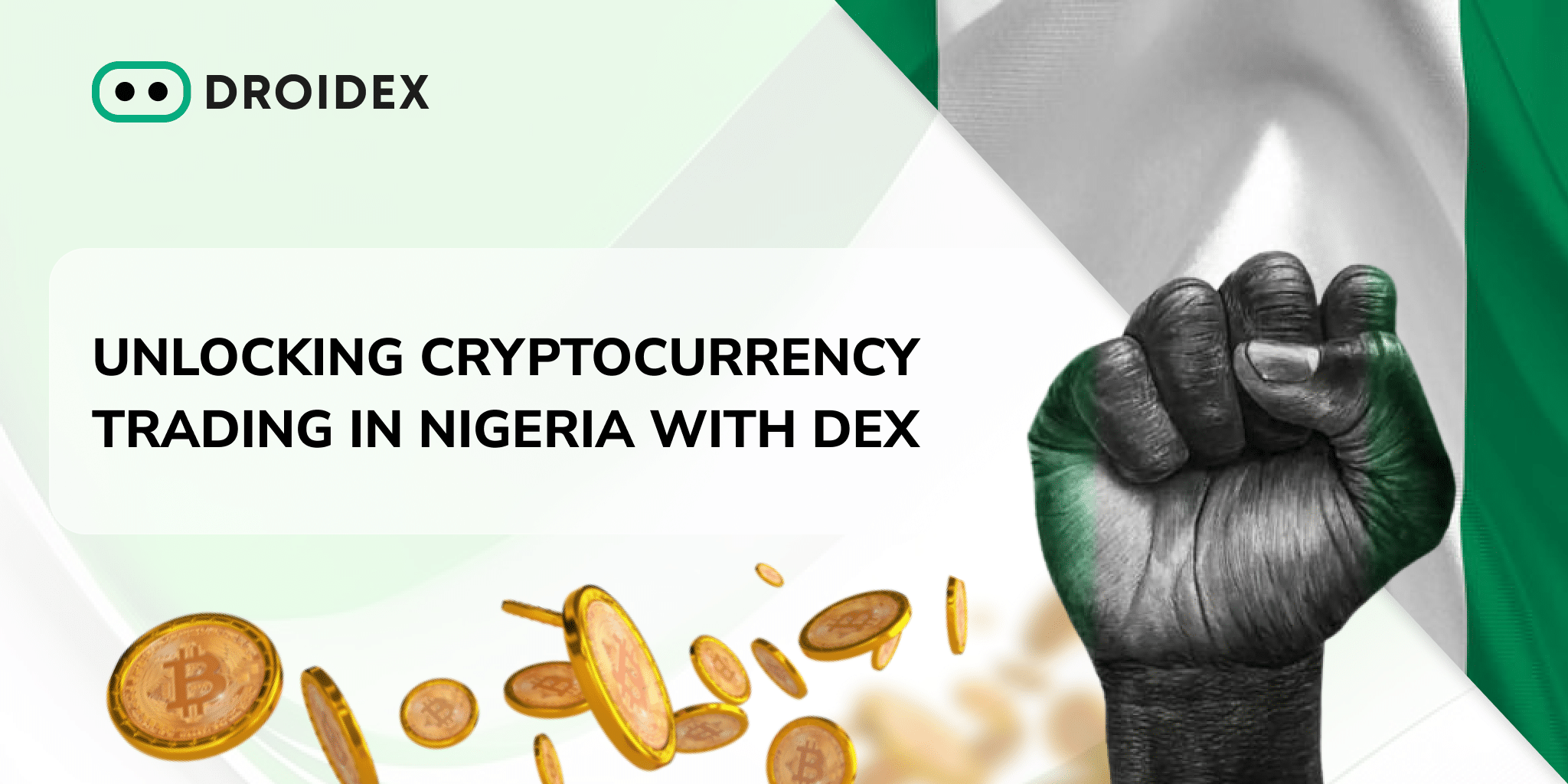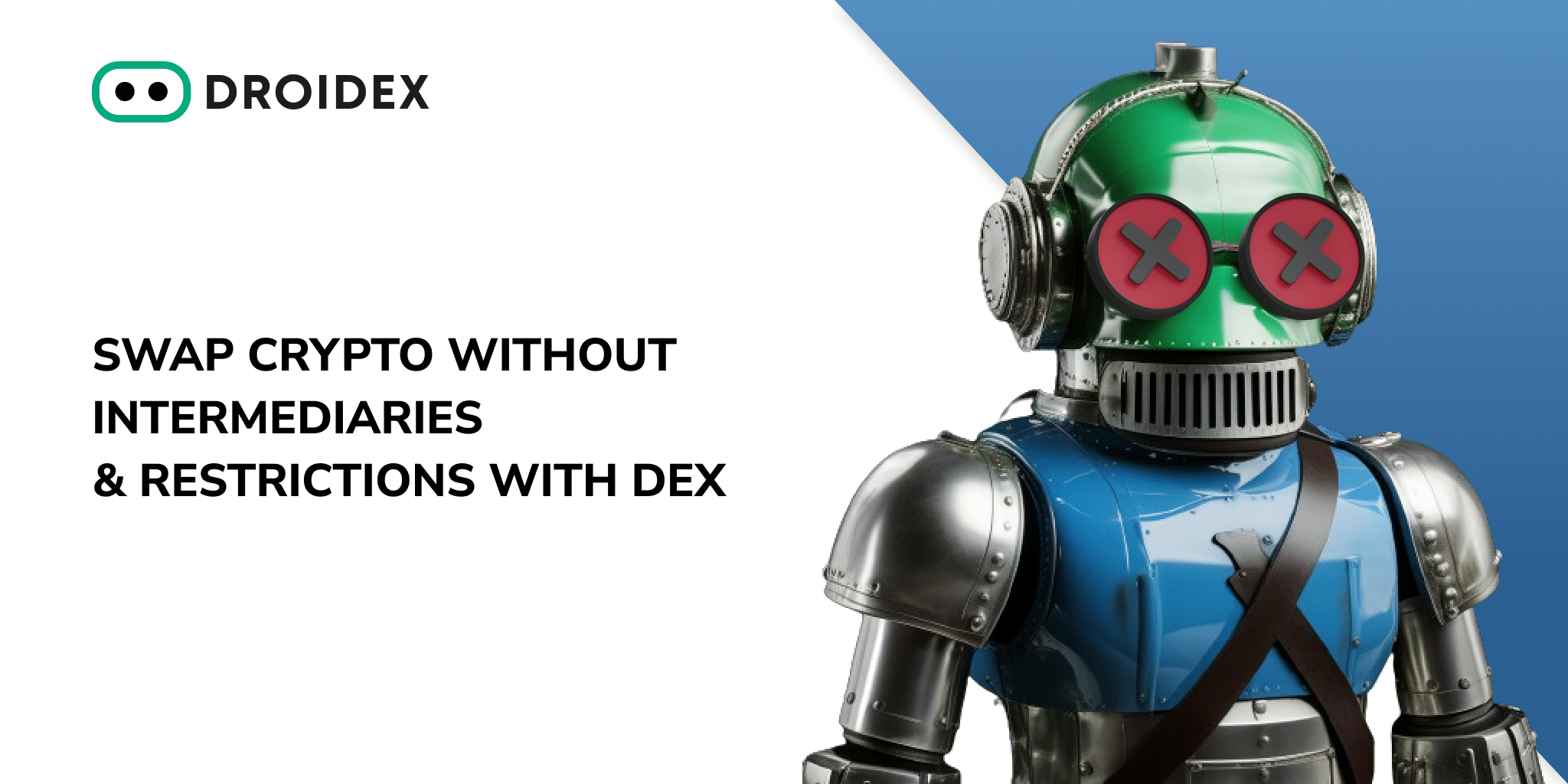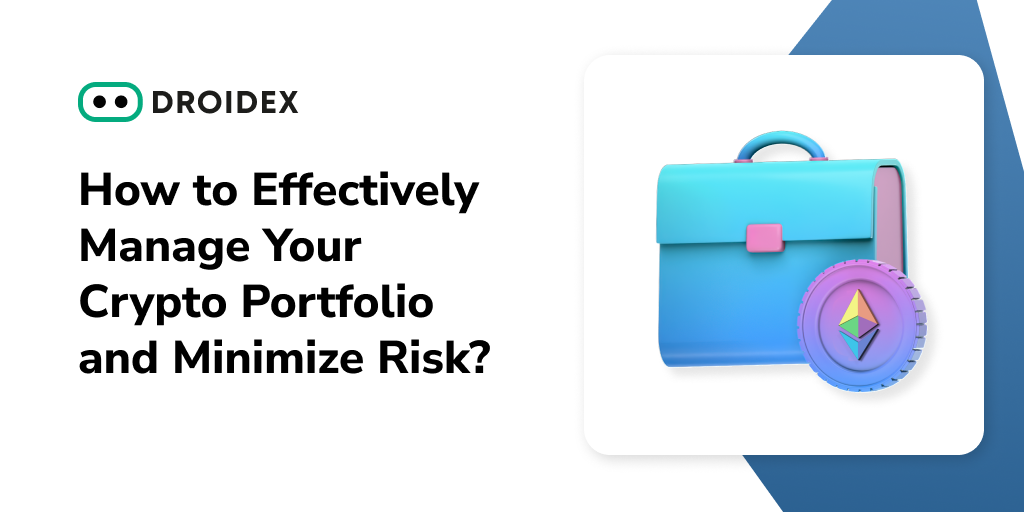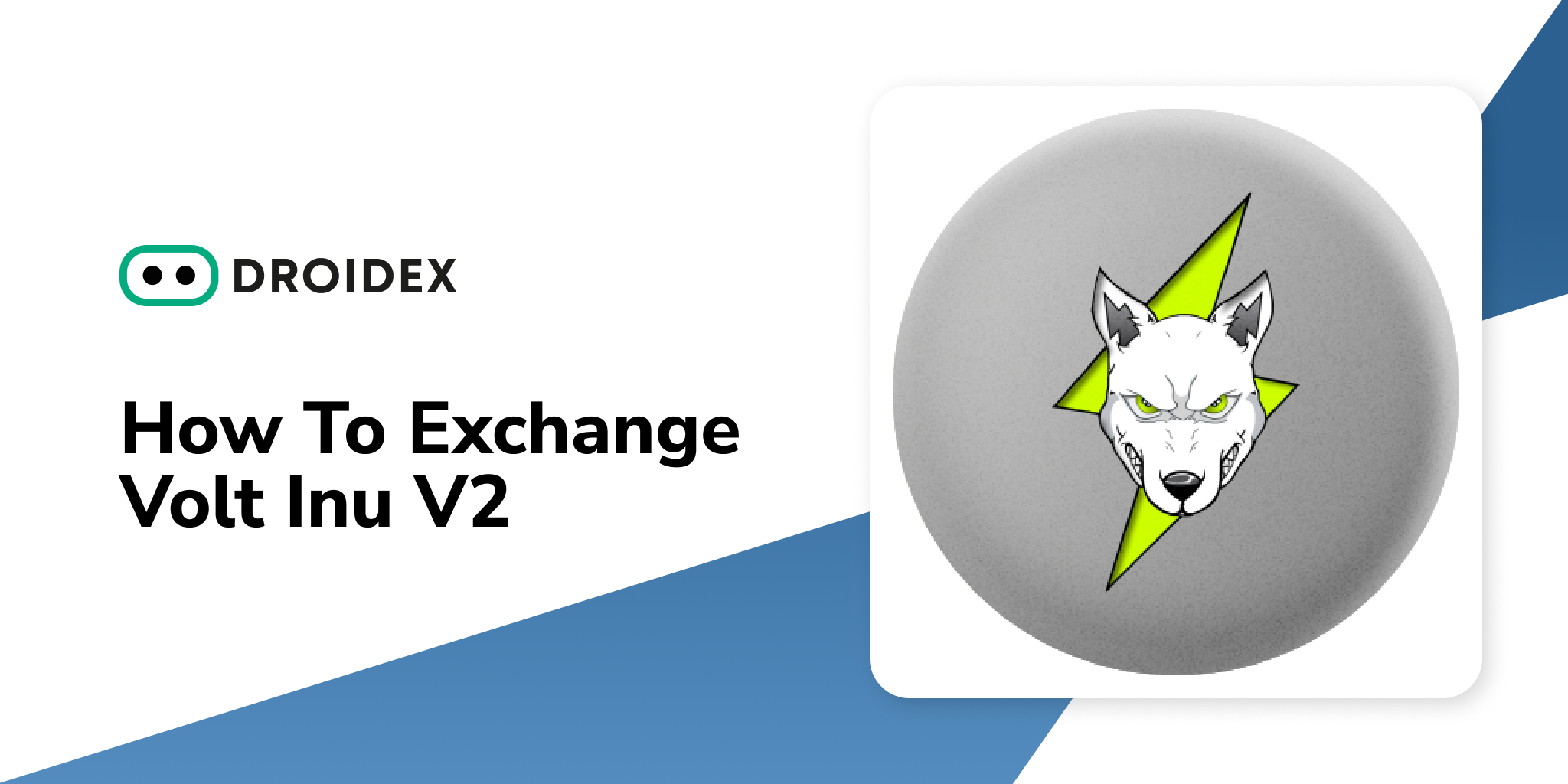Make money on DEX in 2024: cryptocurrency arbitrage on DEX without fiat money
Recently, there has been active growth in the market in February. Decentralized exchanges (DEX) becoming a key element of the cryptocurrency ecosystem, providing users with the ability to exchange digital assets without the need to trust intermediaries. For more basic information about what is DEX << you can find it here, before continuing with this … Read more

